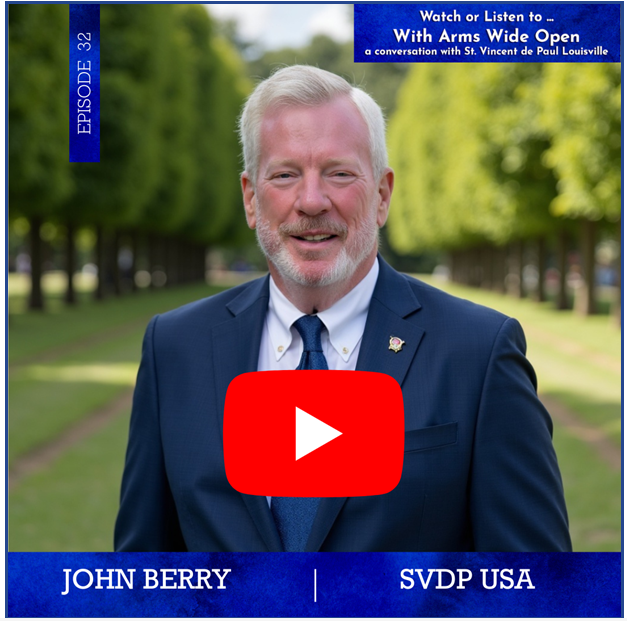I’ve been homeless and served the homeless. Real help starts with listening.
By Bill Smith, Society of St. Vincent de Paul Kentucky
I’VE BEEN IN THE “HOMELESSNESS BUSINESS” FOR 40 YEARS. This includes nine months of what I call “hardcore time” on the street, but I have spent most of the rest of the time living or working in shelters. Other than being employed in security, working with the homeless is the only job I’ve ever known.
In my case, alcohol dependency and some personal trauma first led me to the homelessness arena. In 2023, I moved to Kentucky after a couple of decades in another southern state. I wasn’t doing well. I’d lost my job, my health was poor, and I wanted to live near family. When I got there, I went to a place for the homeless and they sent me to Ozanam Inn Men’s Shelter, run by the Society of St. Vincent de Paul.
It was the first shelter I’d ever stayed in that had no curfew.
You might think that policy is ill-advised. You might think that if you’re helping people (like myself) who struggle with substance abuse, it makes sense to impose a curfew. But let me tell you, being treated as a person who has the freedom to take responsibility for himself is a very powerful thing.
The Society of St. Vincent de Paul actually listens to the people they serve better than any other organization I’ve been involved with. They try their best to get to know the individual person and understand their struggles — again, to peel back the layers of the onion. It makes a huge difference.
You say you want to help the homeless? Here’s a crazy thought: Why don’t you ask somebody who’s homeless what they want, and listen to what they have to say? What a concept, right? But paternalism seems to be the default approach in interactions with folks who are homeless. Plenty of times I’ve had people who don’t even know me tell me what I need or why I’m homeless. That, I think, is part of the problem.
It wasn’t long before the Society of St. Vincent de Paul invited me onto their program committee and advisory board. I was at Ozanam Inn for nine months before moving into a place of my own, where I live today.
We do a terrible disservice to people in this country when we stigmatize and criminalize people who are homeless or have issues with mental health or addiction. When you meet me, I want you to see me as Bill Smith, from the board of directors of St. Vincent de Paul in Kentucky. Not with the stigma of “homeless man” or “alcoholic.” We have to normalize the conversation around homelessness, to destigmatize it before we can treat it. I want you to know my name and define me by my character, not by my situation.

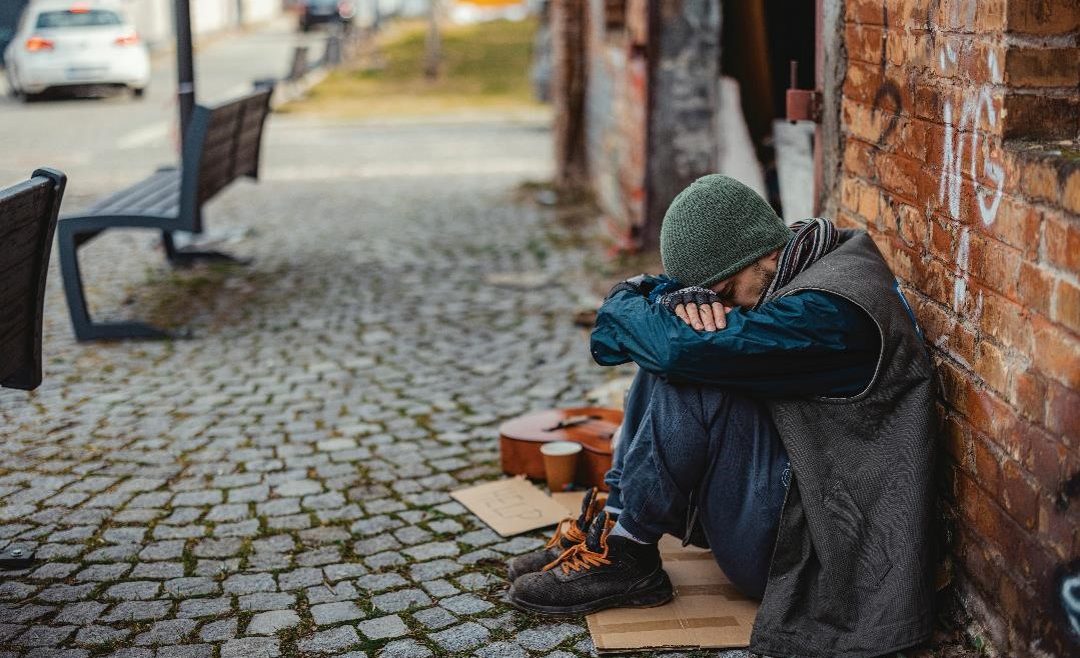
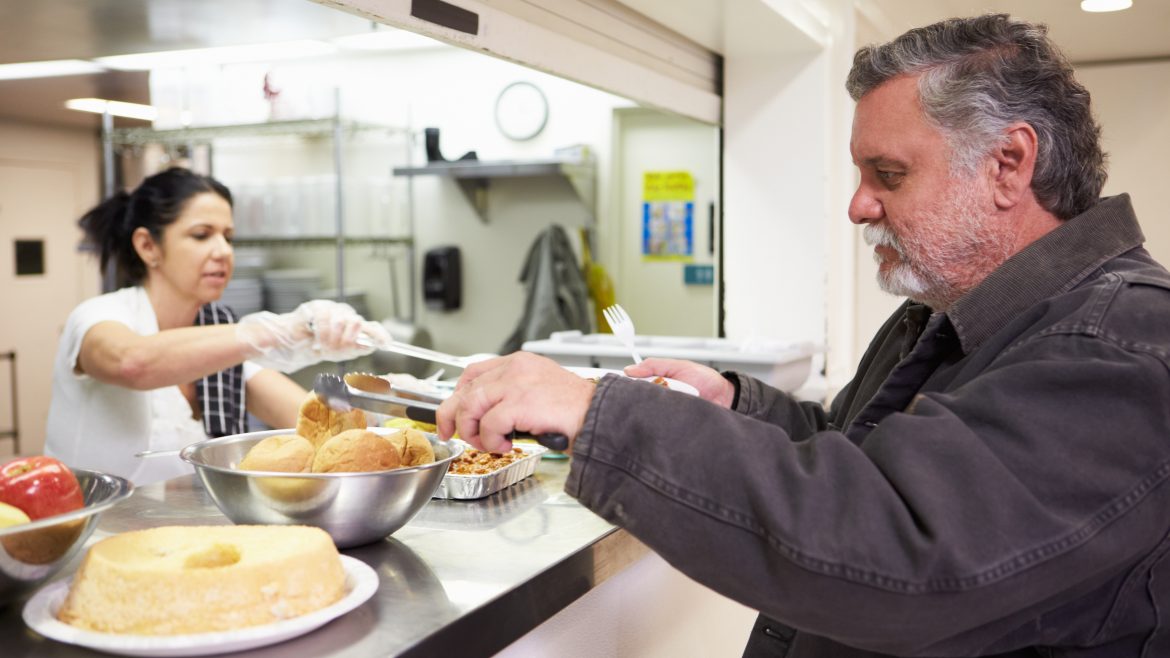

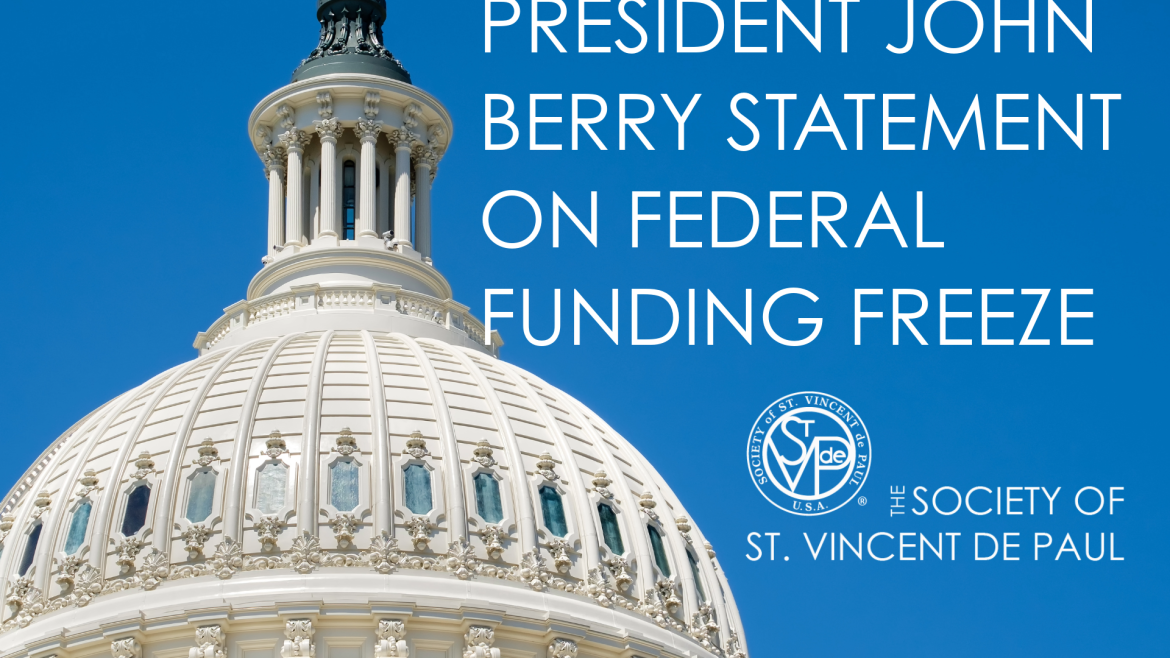
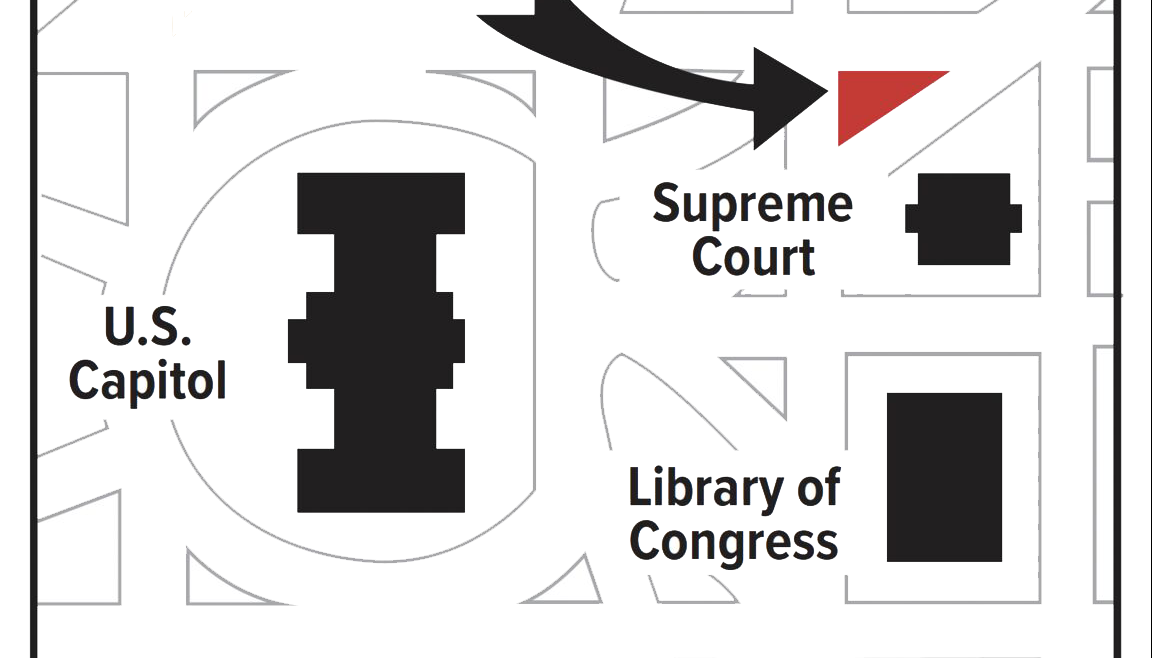
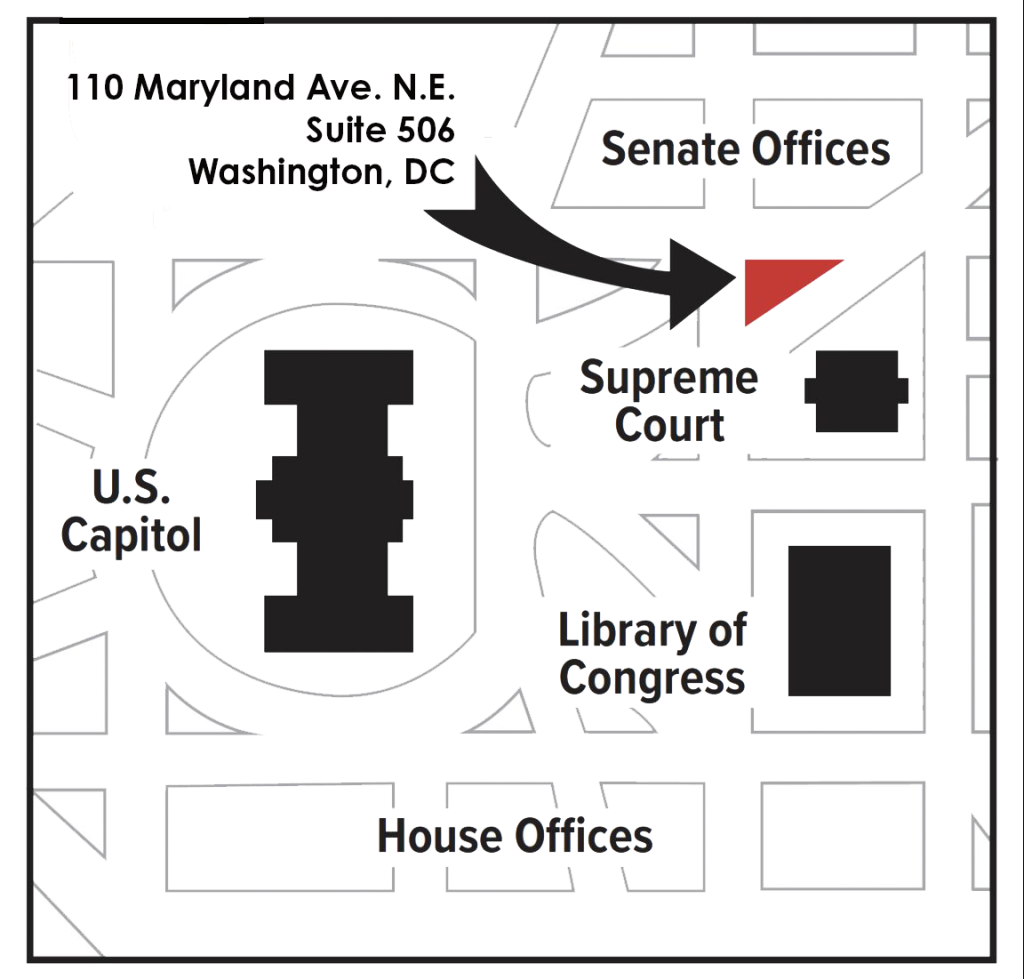 Published January 28, 2025
Published January 28, 2025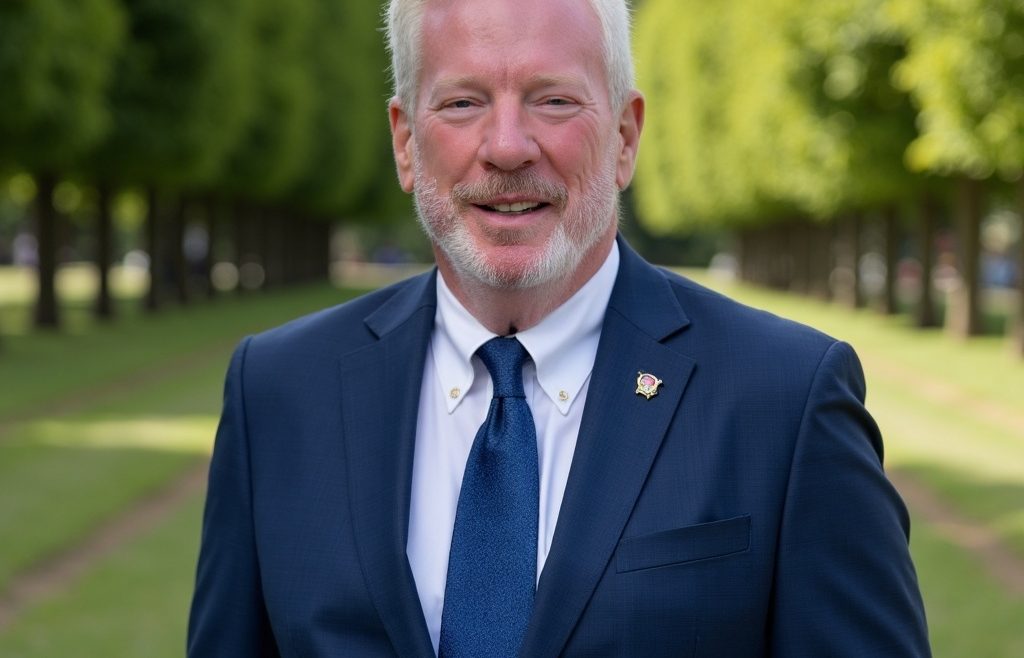
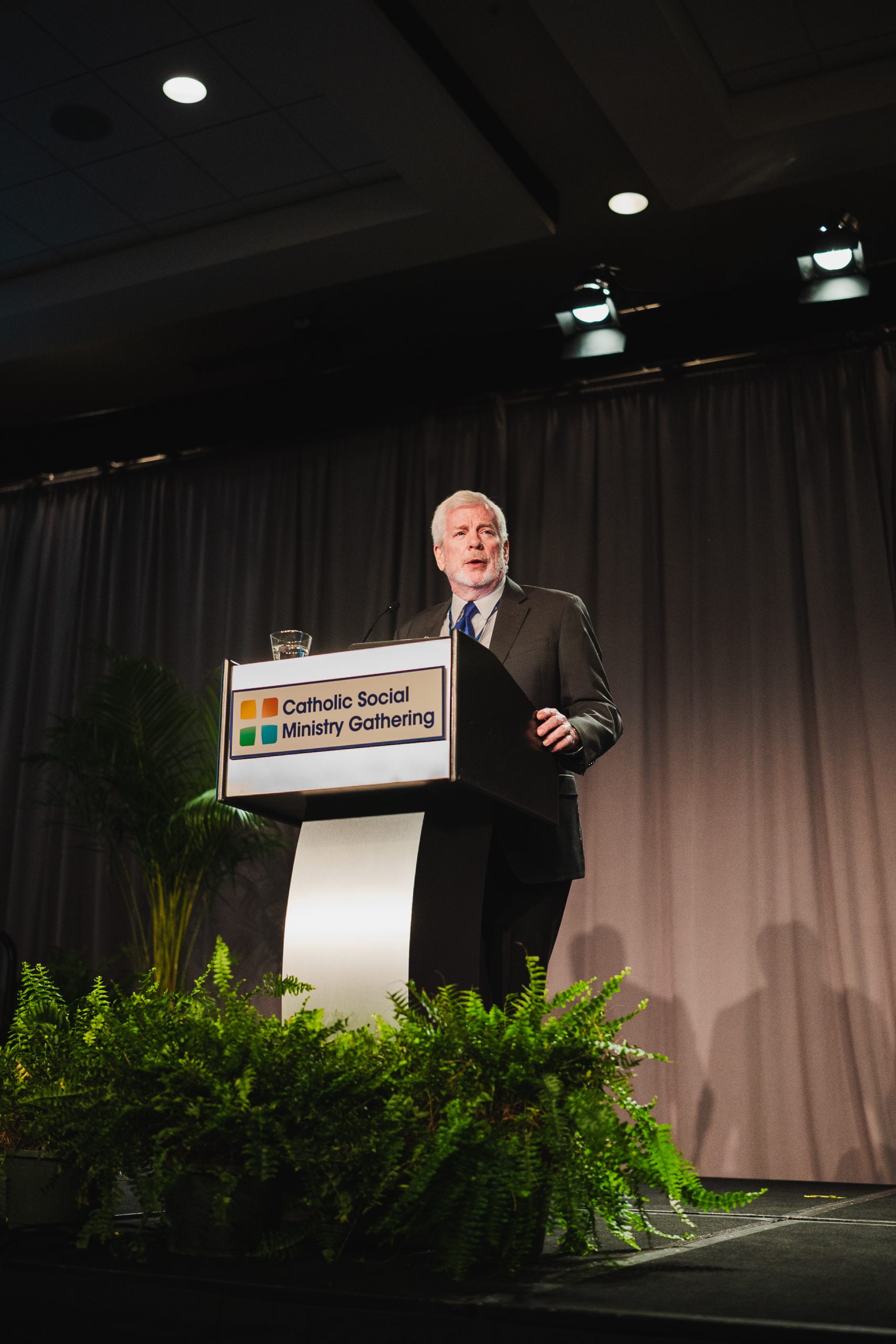 During our time together, we will be discussing issues important to our ministries and those we serve. We will discuss the calls to action required to address the many needs in the world. And we will also celebrate the profound joy that comes from growing in holiness through our response to Christ’s call to feed the hungry, clothe the naked, give shelter to the homeless, welcome the stranger, minister to the sick, and visit the prisoner. The work of every Ministry represented here is a vital lifeline for countless people in need, individuals and families often standing at the brink of despair, searching for a glimmer of hope.
During our time together, we will be discussing issues important to our ministries and those we serve. We will discuss the calls to action required to address the many needs in the world. And we will also celebrate the profound joy that comes from growing in holiness through our response to Christ’s call to feed the hungry, clothe the naked, give shelter to the homeless, welcome the stranger, minister to the sick, and visit the prisoner. The work of every Ministry represented here is a vital lifeline for countless people in need, individuals and families often standing at the brink of despair, searching for a glimmer of hope.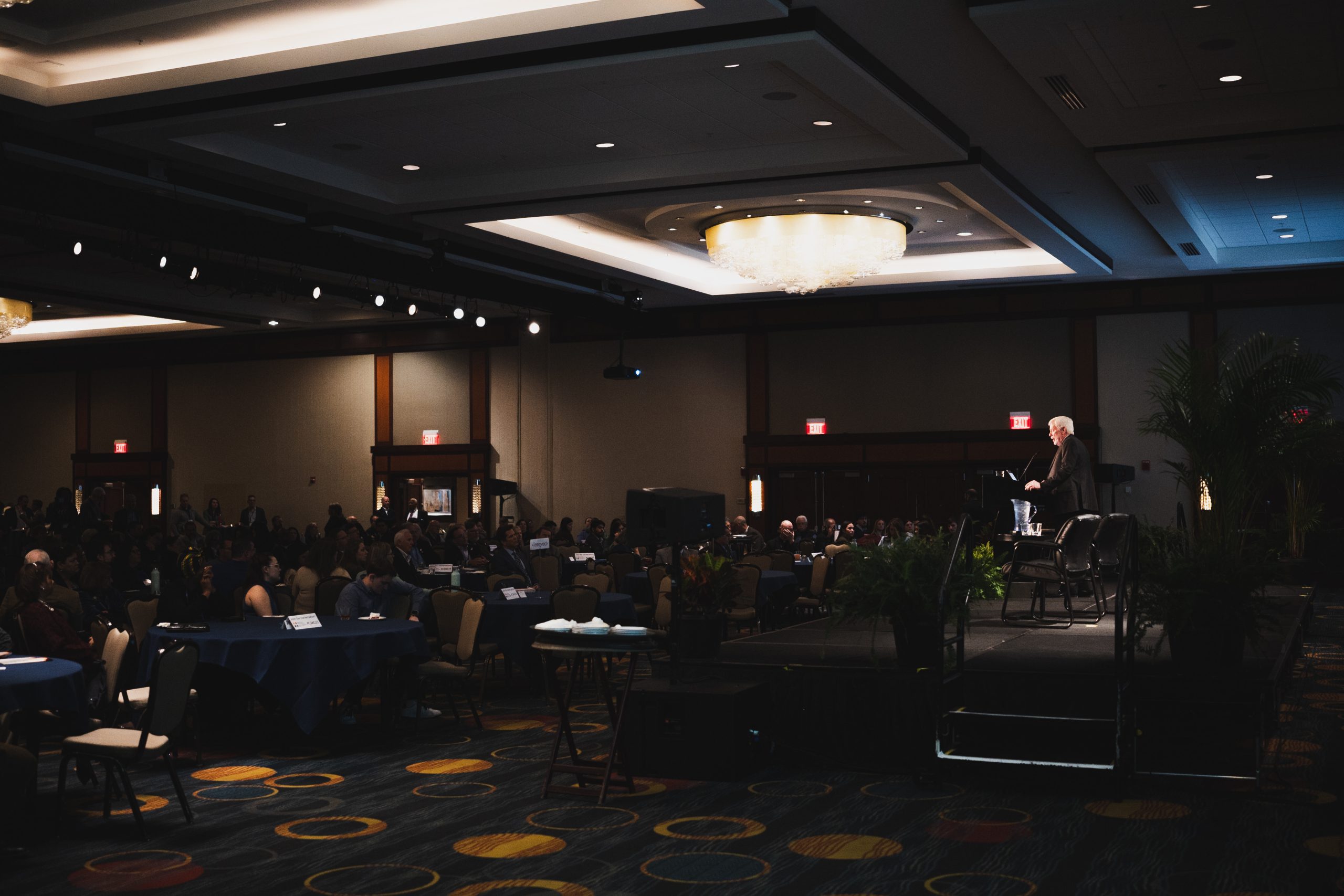 Our call to serve the poor, the refugee, the sick, and ALL those who suffer injustice and oppression is deeply rooted in Scripture. The Old Testament prophets often reminded Israel of their duty to care for the marginalized. We hear
Our call to serve the poor, the refugee, the sick, and ALL those who suffer injustice and oppression is deeply rooted in Scripture. The Old Testament prophets often reminded Israel of their duty to care for the marginalized. We hear 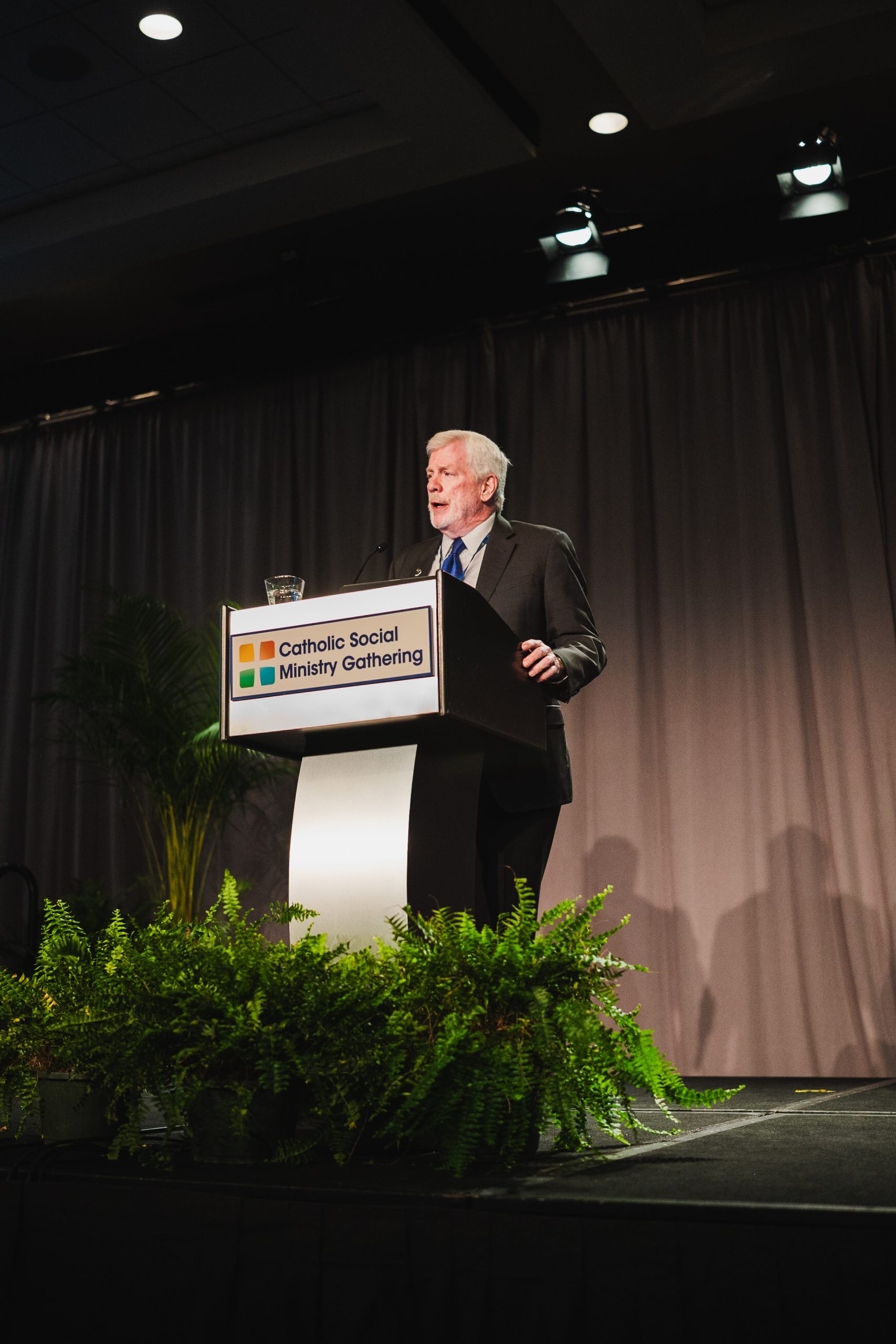 Our Vincentians understand the words that
Our Vincentians understand the words that 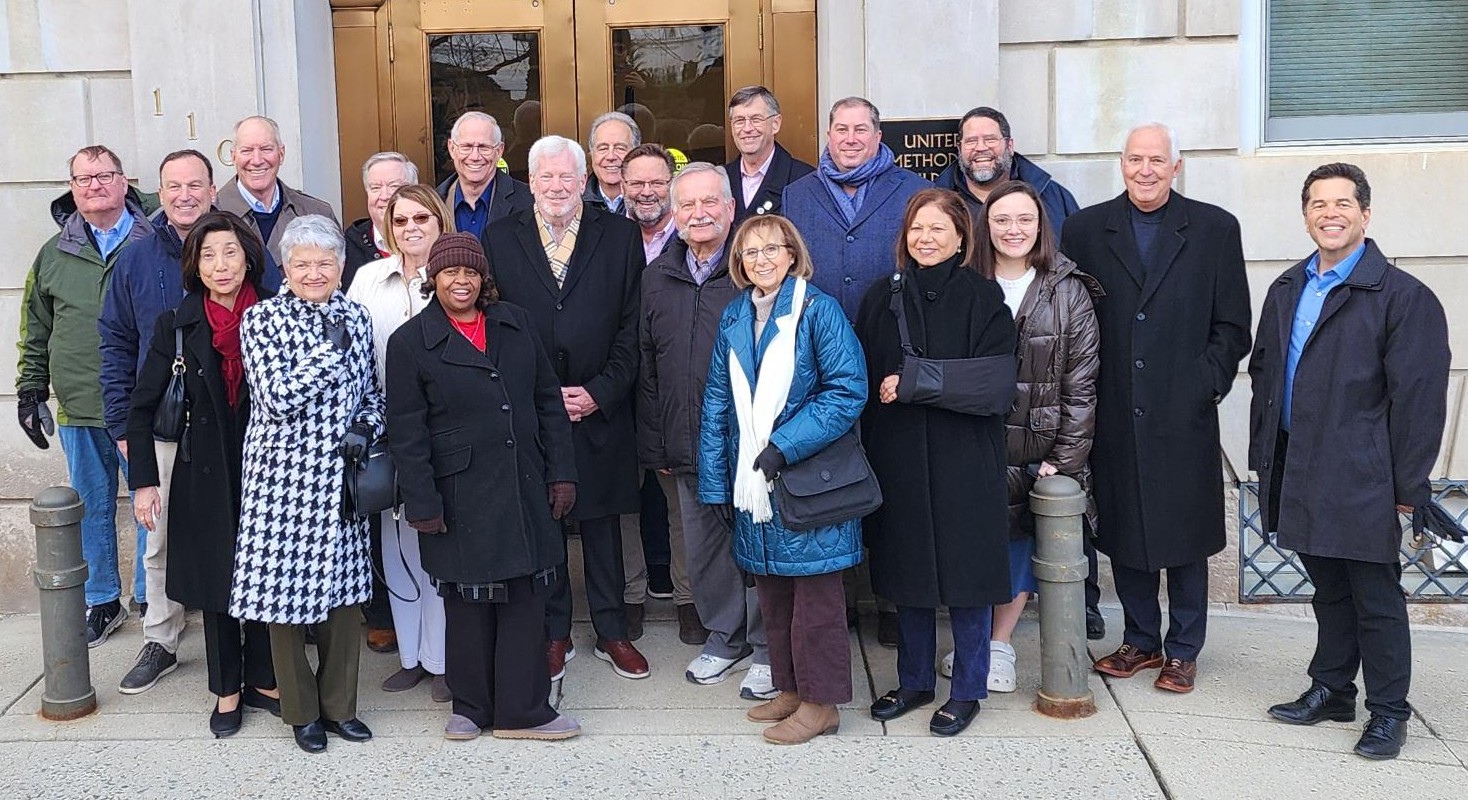 The stark and shocking reality of America and the world today is that millions of our brothers and sisters lack basic necessities — affordable housing, nutritious food, and quality healthcare. Families live on the streets, children go to bed hungry, and the cycle of poverty persists. Imagine a mother putting her children down to sleep on a cold night like tonight — with no bed and no roof overhead. Or a child going to school hungry, unable to focus on learning. This is the reality WE must change.
The stark and shocking reality of America and the world today is that millions of our brothers and sisters lack basic necessities — affordable housing, nutritious food, and quality healthcare. Families live on the streets, children go to bed hungry, and the cycle of poverty persists. Imagine a mother putting her children down to sleep on a cold night like tonight — with no bed and no roof overhead. Or a child going to school hungry, unable to focus on learning. This is the reality WE must change.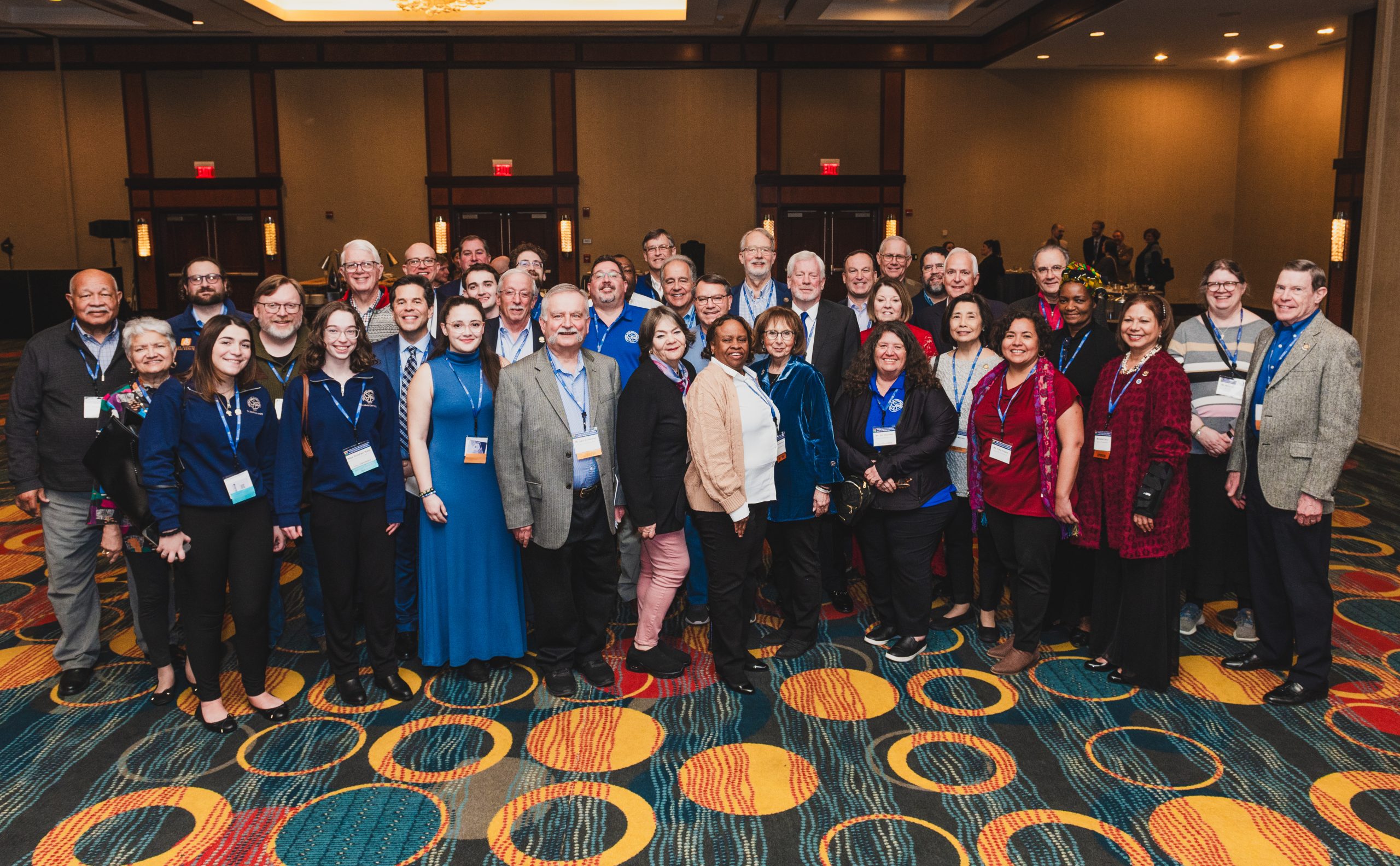
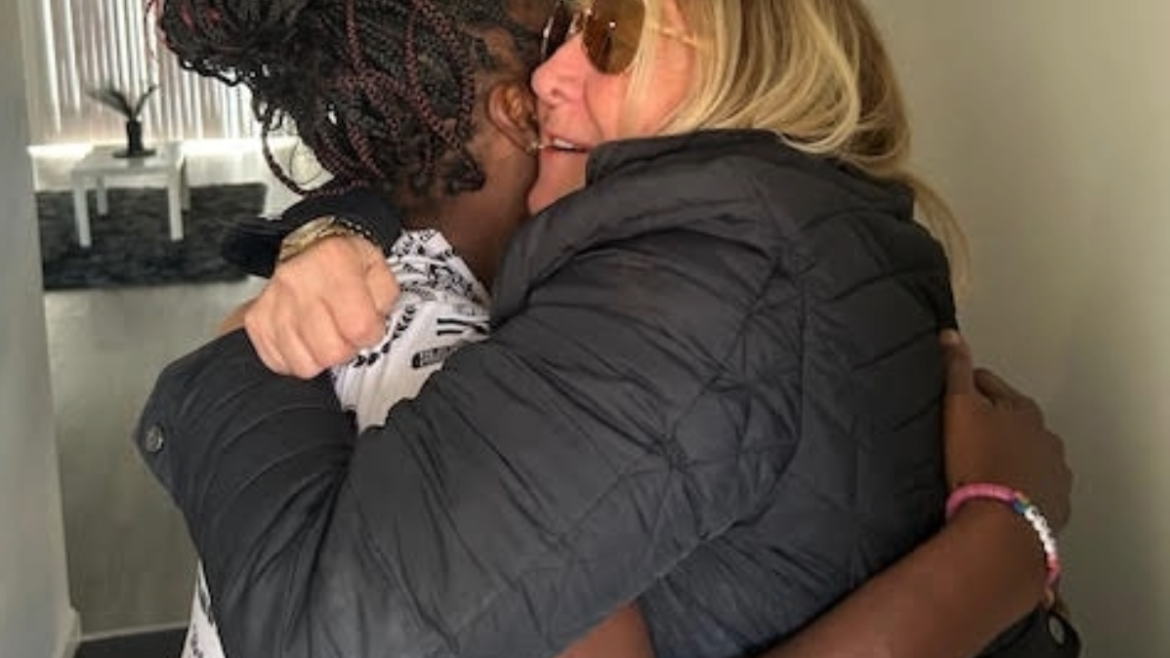
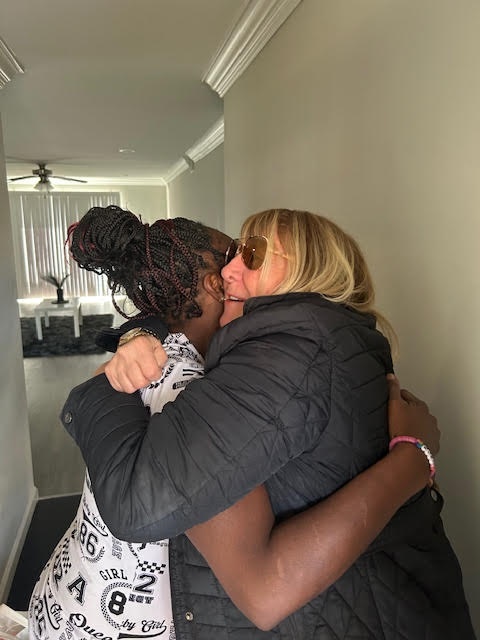
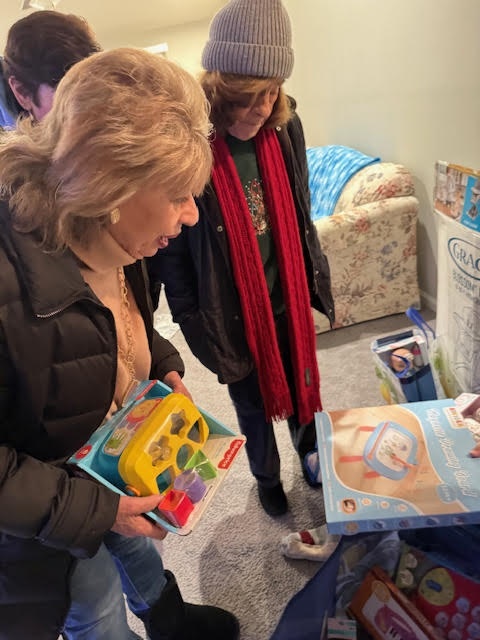
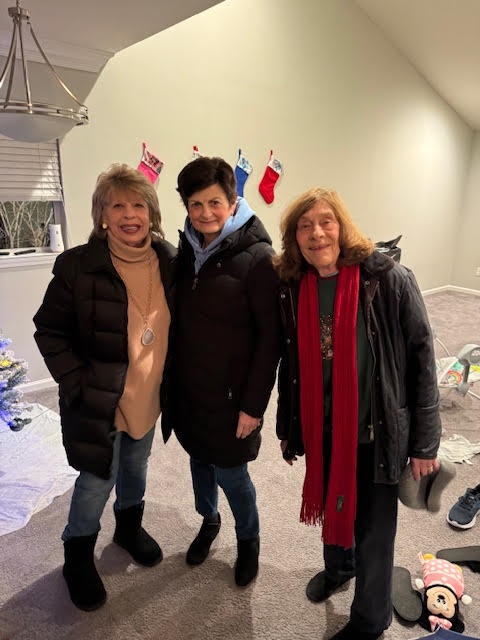
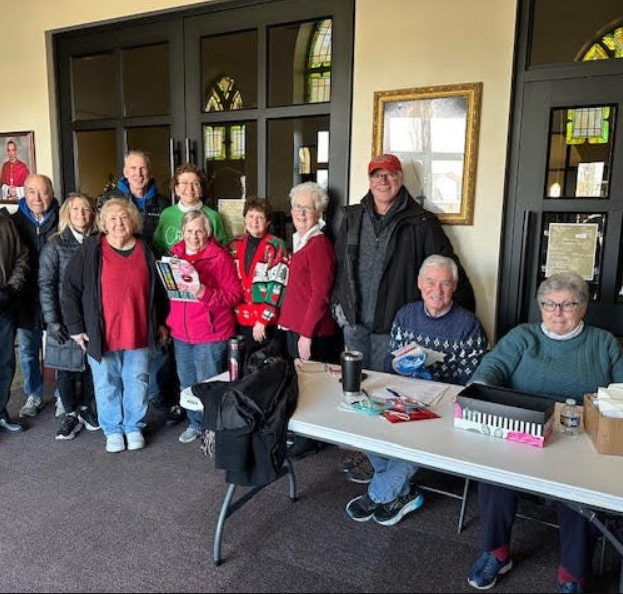
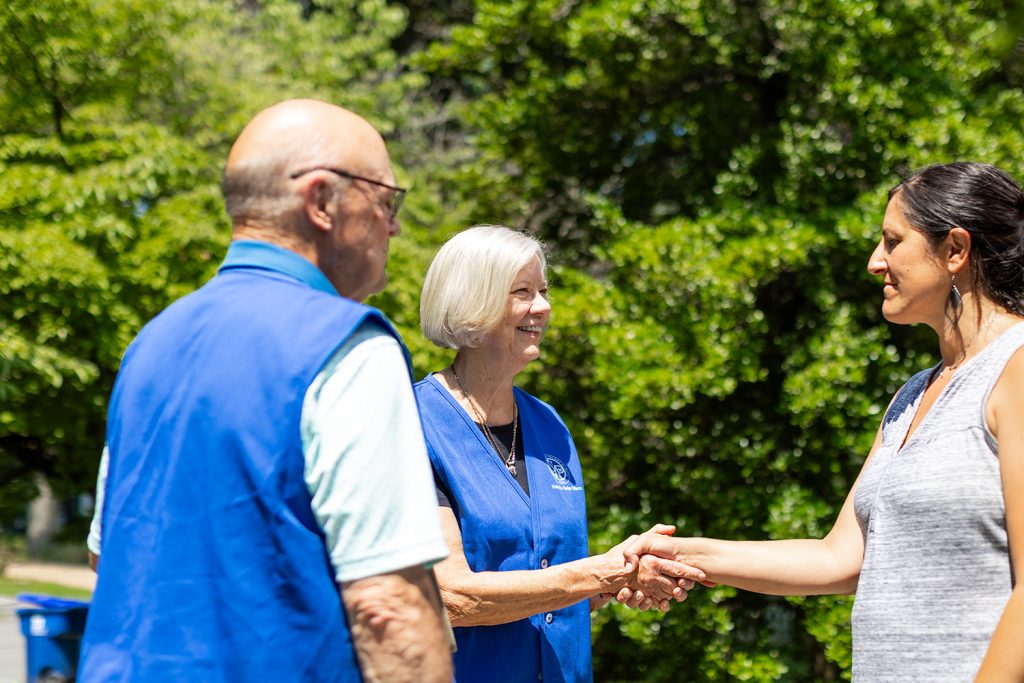 Today, it works like this: Local conferences operate a hotline that neighbors in need may call. After a neighbor leaves their information on their voicemail, a Vincentian follows up for more details. In many cases, the local conference arranges a visit to the caller’s home to learn more about their situation and how they might help.
Today, it works like this: Local conferences operate a hotline that neighbors in need may call. After a neighbor leaves their information on their voicemail, a Vincentian follows up for more details. In many cases, the local conference arranges a visit to the caller’s home to learn more about their situation and how they might help.